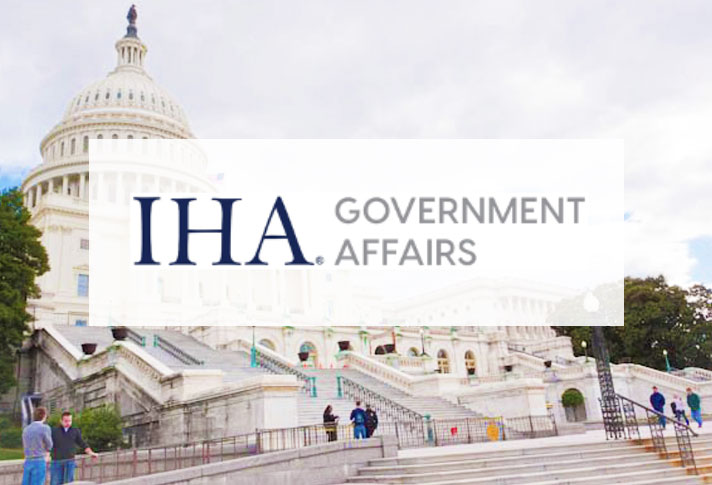In 2017, the Republican-led Congress passed the Tax Cuts and Jobs Act (TCJA) using budget reconciliation to avoid a Senate filibuster and its 60-vote threshold. But the tradeoff for this process is that tax breaks benefiting IHA members and other businesses had to be temporary in order to meet budget reconciliation rules.
The TCJA boosted the IRC Sec. 168(k) Bonus Depreciation Deduction to 100% for qualifying new and used property acquired and placed in service after Sept. 27, 2017, and before Jan. 1, 2023. Property with a depreciable tax life of 20 years or less generally qualifies and includes machinery and equipment, furniture and fixtures, computers and computer software, and business vehicles (with a dollar cap on cars and trucks that have a loaded vehicle weight of 6,000 lbs. or less). The deduction drops to 80% for 2023 and by 20% increments for each of the following years until gone.
The TCJA’s qualified business income deduction (Sec. 199A) was written to help attain parity for pass-through businesses with the tax rate for C corporations (the corporate rate) which was cut from 35 to 21%. Sec. 199A allows certain S corporations, LLCs, partnerships and sole proprietorships to deduct 20% of their income up to $157,000, or $315,000 if filing jointly, and phases-out at $207,500 or $415,000, respectively. Many small businesses are organized as pass-throughs and pay their business taxes on individual returns, so it helps that the top individual rate was also cut from 39.6% to 37%. But Sec. 199A ends in 2025 and the top individual rate goes back to 39.6%, too, which will add up to a big hit on small business owners.
In fact, virtually all of the TCJA’s provisions that apply to individuals are set to expire at the end of 2025. This means lower and simplified individual tax brackets will revert to higher and more complex brackets, and the increased standard deduction will go back to a lesser amount. Also, the TCJA’s estate tax exemptions for estates of up to $11 million or $22 million for couples, which is double the previous amounts, will end too.
In anticipation of these expiring tax breaks and other TCJA provisions, the House Ways and Means Committee approved three bills on June 13 to begin addressing this situation. The Tax Cuts for Working Families Act (H.R. 3936), Small Business Jobs Act (H.R. 3937) and Build It in America Act (H.R. 3938), include language that would extend the Sec. 168(k) 100% bonus depreciation, the full Sec. 174 Research and Development deduction and the TCJA’s individual rates and deductions with a new bonus deduction of $2,000 for single taxpayers and $4,000 for married couples filing jointly.
These bills fall under the banner of the American Families and Jobs Act and also would increase Sec. 179’s expensing cap to $2.5 million and Form 1099’s subcontractor reporting threshold from $600 to $5,000. Their cost would be offset by repealing certain energy tax credits in the Inflation Reduction Act and other changes. However, prospects for passage are remote in this Congress so it will be up to the next Congress to deal with the TCJA’s tax breaks, and the next president would have to sign such a bill.



